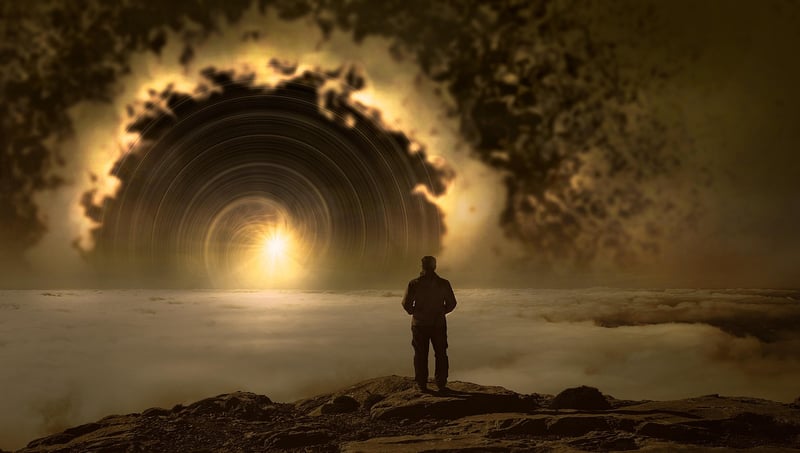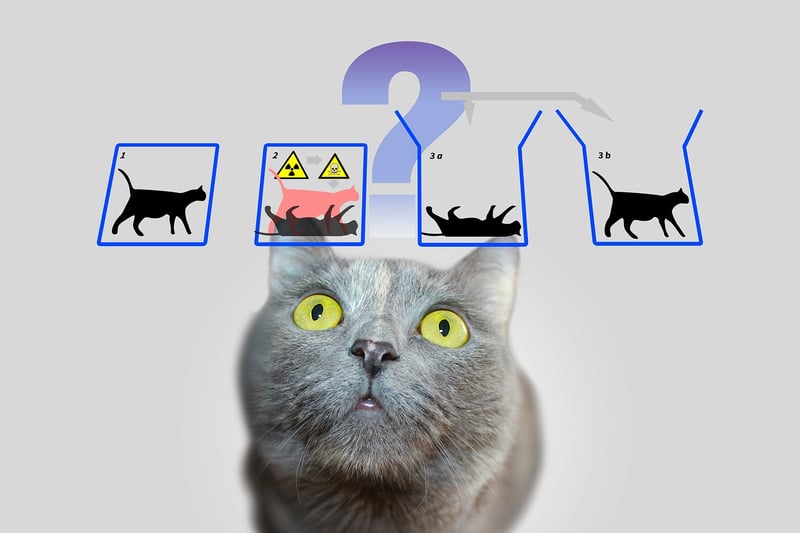Quantum Physics
The Science of Time Travel: Exploring Quantum Physics
Time travel has long been a fascinating concept in science fiction, but could it be possible in real life? To understand the theoretical underpinnings of time travel, we delve into the realm of quantum physics.
Quantum Mechanics and Spacetime
At the heart of time travel lies the intricate framework of quantum mechanics. In this realm, particles can exist in multiple states simultaneously, a phenomenon known as superposition. Quantum entanglement further complicates matters, linking the fates of particles regardless of distance.

Wormholes and Black Holes
One proposed method for time travel involves traversable wormholes, hypothetical tunnels through spacetime that could connect distant points. Black holes, with their immense gravitational pull, also play a role in shaping spacetime and potentially enabling time travel.

Time Dilation and Relativity
Albert Einstein's theory of relativity predicts phenomena like time dilation, where time flows differently for observers in varying gravitational fields or moving at different speeds. This concept forms the basis for many time travel hypotheses.
Grandfather Paradox and Multiverse Theories
The Grandfather Paradox, a classic time travel conundrum, questions the possibility of altering the past. Some theories suggest that time travel may lead to branching timelines or parallel universes, avoiding paradoxes altogether.

Conclusion
While time travel remains a speculative domain, the principles of quantum physics offer intriguing insights into the nature of spacetime and the theoretical possibilities of traversing it. As technology and understanding progress, who knows what the future may hold in terms of unlocking the mysteries of time.
For more in-depth exploration of quantum physics and its implications, check out Quanta Magazine.
